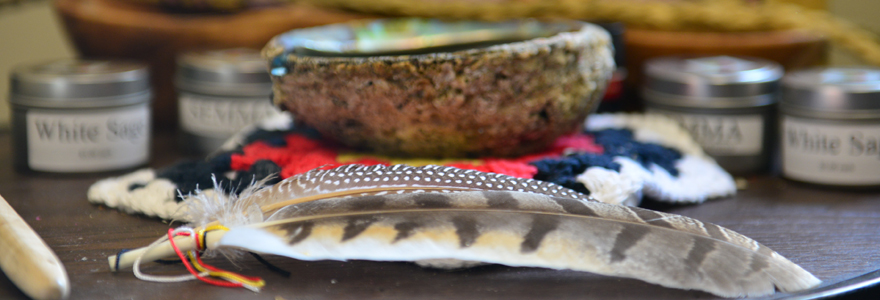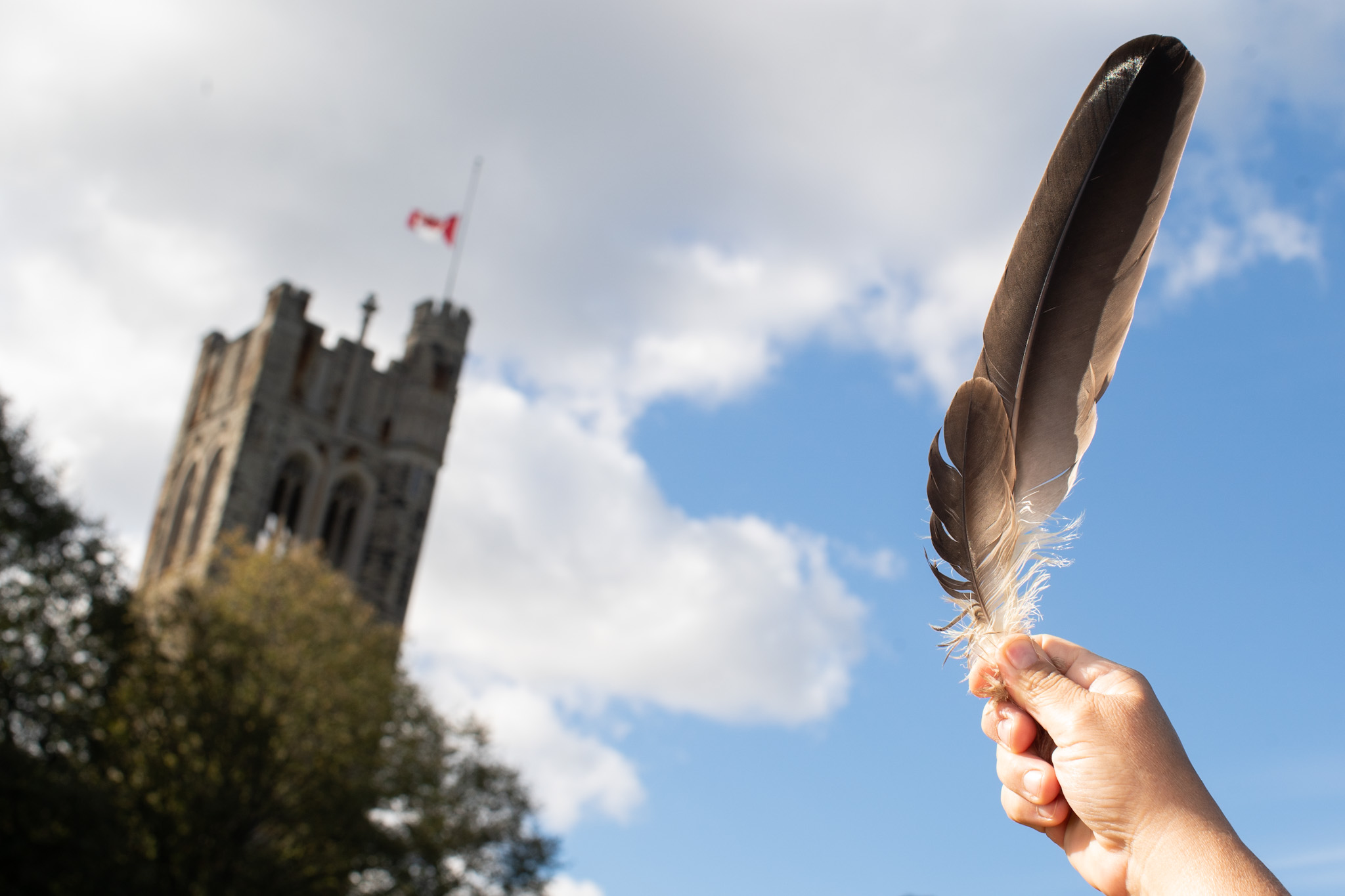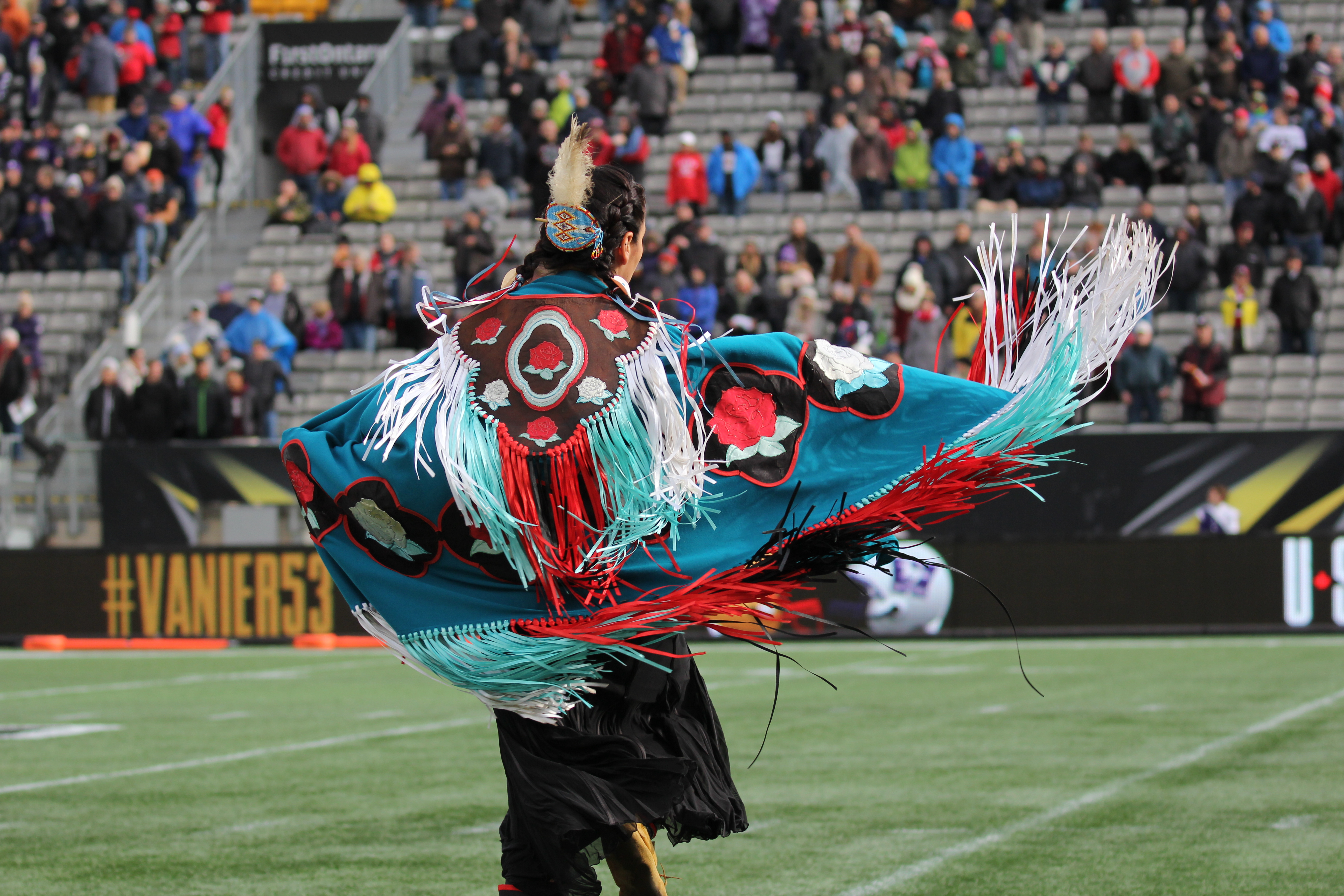Search Website
QUICK LINKS:
Indigenous applicant pathway

Our commitment to Indigenous health care
The Schulich School of Medicine & Dentistry is committed to making a difference in the health and well-being of Indigenous Peoples (First Nations, Métis and Inuit) in Canada through inclusive education and community partnership.
Acknowledging territory
We acknowledge that Western University is located on the traditional lands of the Anishinabek, Haudenosaunee, and Lūnaapéewak Peoples, on lands connected with the London Township and Sombra Treaties of 1796 and the Dish with One Spoon Covenant Wampum.
This land continues to be home to diverse Indigenous Peoples, whom we recognize as contemporary stewards of the land and vital contributors to society.

Longstanding Indigenous Peoples of this region include:
- Anishinabek Peoples, also known as the Three Fires Confederacy, including the Ojibwe, Odawa, and Potawatomi Nations.
- Haudenosaunee Peoples, also known as the Iroquois or Six Nations Confederacy, including the Mohawk, Oneida, Cayuga, Onondaga, Seneca, and Tuscarora.
- Lūnaapéewak Peoples, also known as the Delaware and/or Munsee Nations.
Three First Nation communities closest in proximity to Western University are:
- Chippewa of the Thames First Nation, part of the Anishinabek
- Oneida Nation of the Thames, part of the Haudenosaunee
- Munsee-Delaware Nation, part of the Lūnaapéewak
Why choose Schulich Medicine
Indigenous students enrolled in the Doctor of Medicine (MD) Program at Western University have access to dedicated, culturally responsive spaces, supports, and programming that affirm Indigenous identity and foster well-being. Western is also home to a growing Indigenous student population, with more than 700 Indigenous students enrolled across the institution.
We recognize that the cost of attending medical school can be a barrier. If your goal is to make a difference in the health of Indigenous communities through medicine, financial concerns should not stand in the way.
There are several options available to help defray the cost of your professional education.
To help increase the number of Indigenous physicians, five seats are designated in each incoming class for students applying through this pathway.
To be considered for one of these seats, applicants must complete the following steps and submit their documents by the OMSAS application deadline.
Indigenous Citizenship or Membership
In accordance with Western University's Policy for Affirming Declarations of Indigenous Citizenship or Membership, applicants must:
- Upload any two documents demonstrating proof of citizenship or membership to the Indigenous Nation claiming you.
- Submit a statement of relational positionality that outlines your lived experience, lineal descent, and community connection (per guidance provided in the List of Approved Modes of Affirmation.
To submit a declaration of Indigenous citizenship or membership and upload the requisite documentation, please complete the Declaration of Indigenous Citizenship or Membership Form.
Personal Statement
A personal statement in the form of a letter describing:
- Why are you applying through the Indigenous Applicant Pathway.
- Your current and past experiences/involvement in Indigenous communities and the impact of these experiences/involvement.
- Your intended future contributions to your respective community.
Letters of Support
Letters of support from Indigenous communities or organizations attesting to your involvement and/or contributions to the community.
Applications are assessed wholistically based on GPA and MCAT scores, Western autobiographical sketch (ABS), references, personal statement, and letters of support from Indigenous communities or organizations as described above.
Only in exceptional circumstances will Indigenous applicants with a GPA less than 3.30 or MCAT scores below 125 in each section be considered for a designated seat.
Indigenous applicants selected for interviews will be welcomed by Indigenous Elders and have the opportunity to share a meal, receive cultural and social support, and connect with Indigenous medical students, staff and faculty at Western University.
Schulich Medicine admission interviews are structured, standardized and conducted virtually by a 3-person panel that may include an Indigenous physician, an Indigenous community member, and a current medical student.
This process is designed to uphold principles of cultural safety and Indigenous representation.
Indigenous Student Centre
The Western Indigenous Student Centre (ISC) offers an array of cultural supports and services to new and returning Indigenous students across Western campus including orientation, academic advising, cultural events and nutrition support, visiting elders and knowledge keepers, circles of support and counselling.
The ISC also provides financial support through a dedicated Indigenous Financial Aid Coordinator who can assist Indigenous students to navigate tuition and fees, as well as access scholarships, awards and bursaries offered through Western's Office of the Registrar and external providers.
Wampum Learning Lodge
The Wampum Learning Lodge (WLL) acts as a home for Indigenous learning initiatives at Western and a touchstone for Indigenous and non-Indigenous peoples to gather and learn together, building relationships in the spirit of reconciliation, decolonization and Indigenization.
Schulich Office of Equity, Diversity, Inclusion and Decolonization
The Schulich Office of Equity, Diversity, Inclusion and Decolonization (EDI-D) serves to support, engage and empower the Schulich community with guidance and resources to create an equitable and inclusive space for all, and seeks to embed principles of equity, inclusion, anti-racism, anti-oppression and decolonization in everything we do to meet the needs of the communities we belong to and serve.
The Office of EDI-D hopes to earn allyship by listening, learning and supporting collaborative responses to the pressing health needs of our region and beyond
Schulich Learner Experience
Learner Experience strives to provide a supportive learning environment for students enrolled in the MD, DDS and Postgraduate Medical and Dental Education programs. The support comes in many forms, depending on the needs of the learner.
A broad network of faculty, campus and community colleagues assist in providing additional resources to help learners at all points in their journey, such as:
- personal counselling and/or referral to campus and community professionals,
- academic support and accommodations,
- career guidance and support services to encourage and enhance success,
- support related to equity and mistreatment concerns within educational, work, and research activities, and
- workshops.
Mushkiki Miikan
Mushkiki Miikan is a collaborative initiative across Ontario medical schools including the Northern Ontario School of Medicine University (NOSM University), the University of Toronto’s Temerty Faculty of Medicine (Temerty Medicine), Queen's University, Toronto Metropolitan University (TMU), McMaster University, Western University (Schulich Medicine), and the University of Ottawa with the goal of improving access, providing tailored support, and creating a nurturing environment for Indigenous students throughout their medical educational journey.
Explore health science, health profession, and/or medicine related programs and resources.
Contact us
If you are an Indigenous student considering a future in medicine, we encourage you to reach out:

Schulich Admissions Office
Email: admissions.medicine@schulich.uwo.ca
Indigenous Medical and Dental Students' Association (IMDSA)
Email: imdsa@schulich.uwo.ca
Office of Indigenous Initiatives
Visit: https://indigenous.uwo.ca/
Indigenous Student Centre
Visit: https://indigenous.uwo.ca/students/
It is the applicant's responsibility to ensure all documentation is submitted as directed and by the applicable deadline.
Schulich Medicine reserves the right to verify application documentation.
Falsification or misrepresentation of information from any portion of the application will result in removal of the application from consideration, and may be considered in any future application to the University.